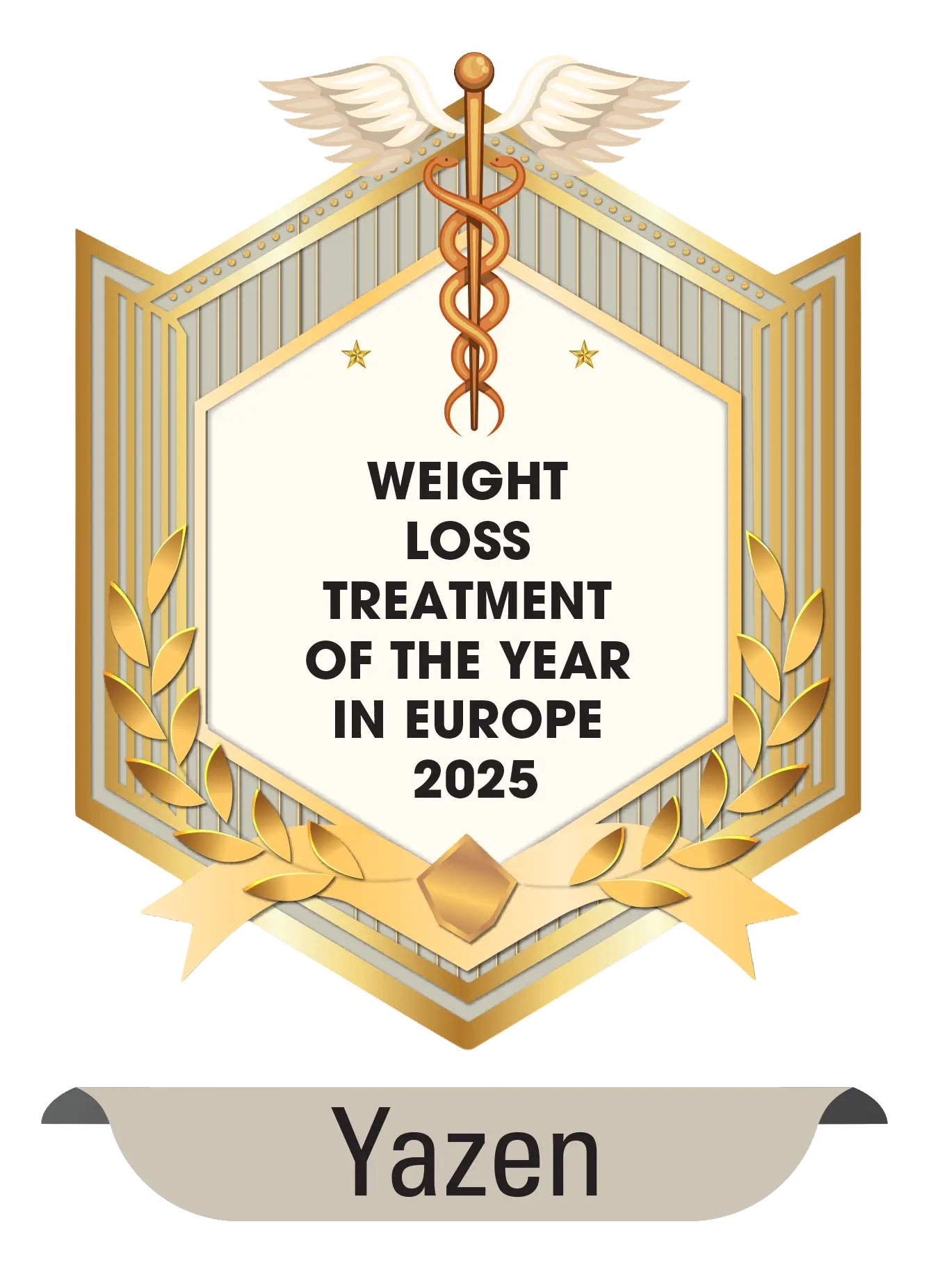Lipoedema: Causes, Symptoms, and Treatment for a Better Quality of Life
Lipoedema is a chronic condition that affects women, leading to abnormal fat deposits, pain, and discomfort—typically in the hips, thighs, buttocks, and legs. While the exact causes remain unclear, research suggests a combination of genetic and hormonal influences. Many women report a family history of lipoedema, and hormonal changes—especially during puberty, pregnancy, or menopause—can trigger or worsen symptoms.
Understanding these triggers is important for early diagnosis, which can help prevent progression and reduce the impact on physical and emotional well-being.

Lipoedema Support Resources: Building a Network of Care
Living with lipoedema can be challenging, but no one should have to face it alone. Access to the right support can make a meaningful difference. Online and in-person support groups provide emotional encouragement, while healthcare professionals—particularly those specialising in lymphatic and adipose tissue disorders—can guide you through diagnosis and treatment.
There are also organisations working to raise awareness, fund research, and improve care standards for women living with lipoedema. A strong support network is often the first step toward reclaiming confidence and control.
.webp)
PCOS-test
How do you know if you have Polycystic Ovary Syndrome (PCOS)?
Take this test to see if you have symptoms of PCOS that should be evaluated and, if necessary, treated.
All of the options must be filled in.
One of the values is not a correct number.
Lipoedema Care Strategies: Effective Approaches to Management
While there is currently no cure for lipoedema, many women find relief through a personalised and consistent care plan. Management strategies often include:
- Compression therapy, which helps reduce swelling and improve circulation
- Manual lymphatic drainage, a gentle massage technique to encourage lymph flow
- Low-impact exercise, such as walking, swimming, or cycling, to improve mobility and reduce stiffness
- Liposuction, in some cases, to remove affected fat when conservative treatment is not enough
In addition, gradual, medically supported weight loss and anti-inflammatory eating habits may help alleviate symptoms, even if they don’t directly reduce lipoedemic fat. A holistic approach is key to improving comfort and function.

Understanding Lipoedema Symptoms: Recognising the Signs
Lipoedema often begins with symmetrical fat accumulation in the lower body, typically sparing the feet. The fat tissue may feel soft, tender, or nodular, and is often resistant to traditional weight loss methods. Common symptoms include:
- Pain or aching in the affected areas
- Easy bruising
- Swelling that worsens throughout the day
- A feeling of heaviness in the limbs
- Reduced mobility in later stages
Early diagnosis is essential. Without treatment, lipoedema may progress and lead to secondary lymphoedema (lipo-lymphoedema), which can further complicate management.

Lipoedema and Well-Being: Enhancing Quality of Life
Lipoedema doesn’t just affect the body—it can take a toll on mental health, too. Persistent symptoms and changes in body shape may impact self-esteem, mood, and social relationships. Feelings of frustration or isolation are common, especially when symptoms are dismissed or misunderstood.
Psychological support, including counselling and peer communities, can provide emotional relief. A holistic approach—including sustainable lifestyle changes, stress management, movement, and therapy—can make a significant difference in how women feel, both physically and emotionally.
With the right care and support, women living with lipoedema can reclaim comfort, confidence, and quality of life—one step at a time.

This is how you can start today

Sign up through our website
Answer a few questions within 2 minutes so we can better understand you and your goals. To submit your responses, securely log in using iDIN. This is a trusted online identification method that allows you to easily confirm your identity and age. Want to learn more about iDIN? Click here for more information.
Download the Yazen app
Continue your journey in our app. Download the Yazen app from the App Store or Google Play, and log in to get started right away.
Complete your health profile
Together with your YazenCoach, you'll answer a few more questions in the app to complete your profile.
Plan your blood test
To determine if you’re eligible for the treatment, we conduct a comprehensive blood test. We partner with Labplusarts, the leading provider of blood tests. You can easily request a blood test through their website, and you'll always find a location nearby.
*If the test results indicate that the treatment is unsuitable, you’ll receive a refund for the blood test cost (€119).
Discuss your treatment plan
If the blood test results show that the treatment is suitable for you, you’ll meet your doctor. Together, you’ll create a personalised treatment plan tailored to your needs.
Your journey can begin!
If you’re satisfied with the treatment plan, the costs, the medication, and the expected results, we can get started.

















